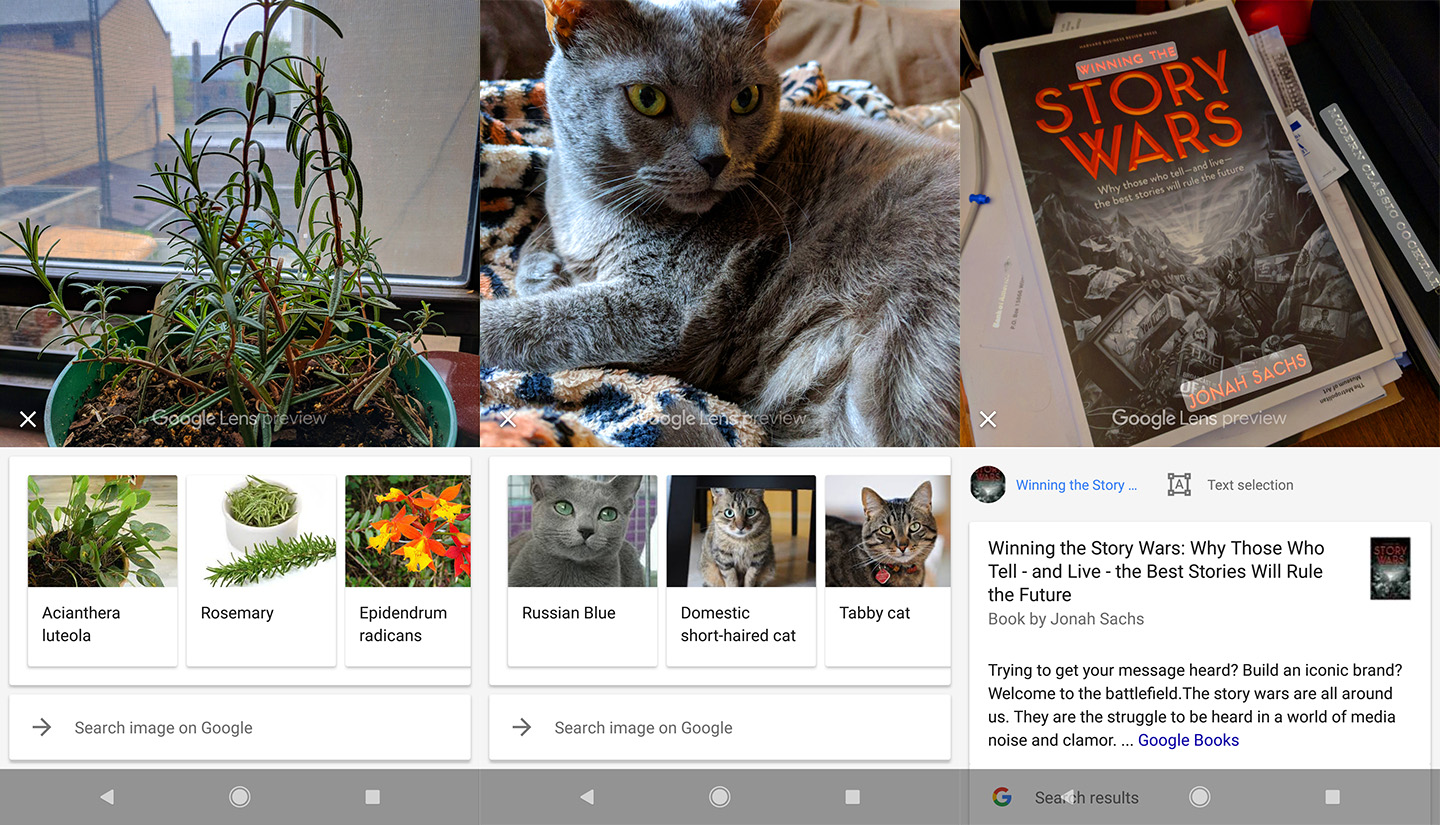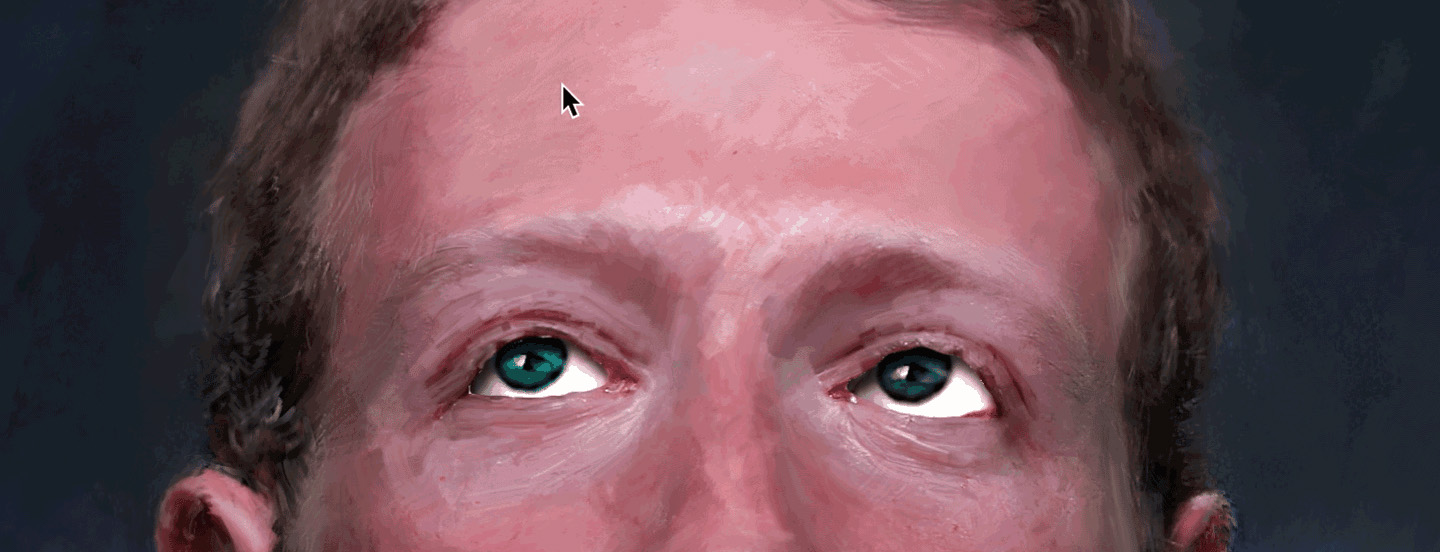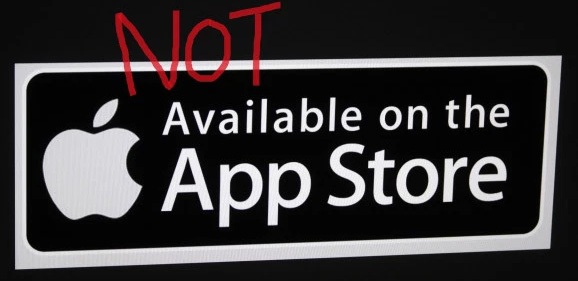The Week in Social: Google Lens, Facebook Ads, Snapchat's Re-re-design

Google Lens
Among the multitude of AI revelations at IO and Build this week, Google announced the availability of Google Lens. Lens, like its predecessor Google Goggles, provides intelligent search results from the content of your picture. The AI that powers this is drawing us closer to an age when we aim our smartphones at an item and ask, “what is that?” Key in this development is how it will impact localized advertising – such as AR elements that appear next to a billboard, or discount codes for services in proximity to your photo. Meanwhile, we’ll all get to learn what Google thinks of our cats.

Read more at The Verge
Snapchat redesigns their redesign
The hard part about playing chicken is knowing when to flinch. In the brand game, making major changes will inevitably force a test of your motives and your determination. Snapchat has held firm through the trials of their redesign, despite a user revolt and a celebrity smack-down. Finally, in the face of decreasing ad sales and slumping stock performance, they flinched.

Read more at The Washington Post
Facebook kills follow-game groups
A system that can be exploited will be exploited. From a social platform perspective, a group with hundreds of thousands of users who regularly log in and engage with each other is exactly the kind of community you want to foster. Unfortunately, it is possible that a community might form to game your content algorithm, exchanging engagements to raise their own content and profiles to the top of suggested feeds. This week, Facebook removed 10 such groups from Instagram.
Read more at Buzzfeed
FB Ad Transparency
Facebook wants to be more transparent about user data, and that’s a good thing. But, there is a problem. A Harvard Business School study reveals that if a person knows they’re viewing a targeted advertisement, they’re less likely to engage with it. If Facebook opts to be transparent about how advertisements are served, we can expect to see an accompanying push to change user perceptions about targeted ads.

Read more at The Intercept
Apple is pulling apps that sell location data
Apple is getting ahead on the GDPR game and making moves to protect user data. Though, like the Cambridge Analytica scandal, much of the information is already out there. However, from here, companies that collect and sell your information must ask explicit consent. Apple announced that they will be pulling apps from the App Store that sell your location information without approval.

Read more at VentureBeat
Businesses will get Instagram DMs
Instagram is a great way to get a compelling, visual story in front of a consumer. But, short of running out and buying your product, what does that consumer do with their questions? Sure, they can leave a comment – maybe you’ll answer, or someone else will answer for you (for better for worse). In answer, Instagram will be giving DM capability to businesses. The update will give brands a shot at raising their personal touch with consumers, and discreetly diverting customer service issues.
Read more at Fast Company
Facecoin? Bookshares? Zuckerbucks?
Because Facebook does not want to be one app that does everything, the social platform is rumored to be exploring the launch of it’s own cryptocurrency. Facebook’s offering would not only be a central, universal currency for users to trade and transfer, but also likely be the means for securing payments for services and ad buys. It’s still just a rumor, so don’t register zuckerbucks.com just yet.

Read more at The Verge
Stop hatin’ on Klout
To be first, you must be willing to be wrong. Back in 2011, Klout broke ground on an idea that was way out of left field: monitor a person’s social media followers, content and engagements, then use those numbers to rate their level of influence. Klout helped define how intelligent influencer identification works. Unfortunately, they were first, and they didn’t quite get it right. The internet is full of haterade™ over the company’s demise, but we think it’s primarily that nobody in 2011 appreciated being told that they had no influence.

Read more at TechCrunch